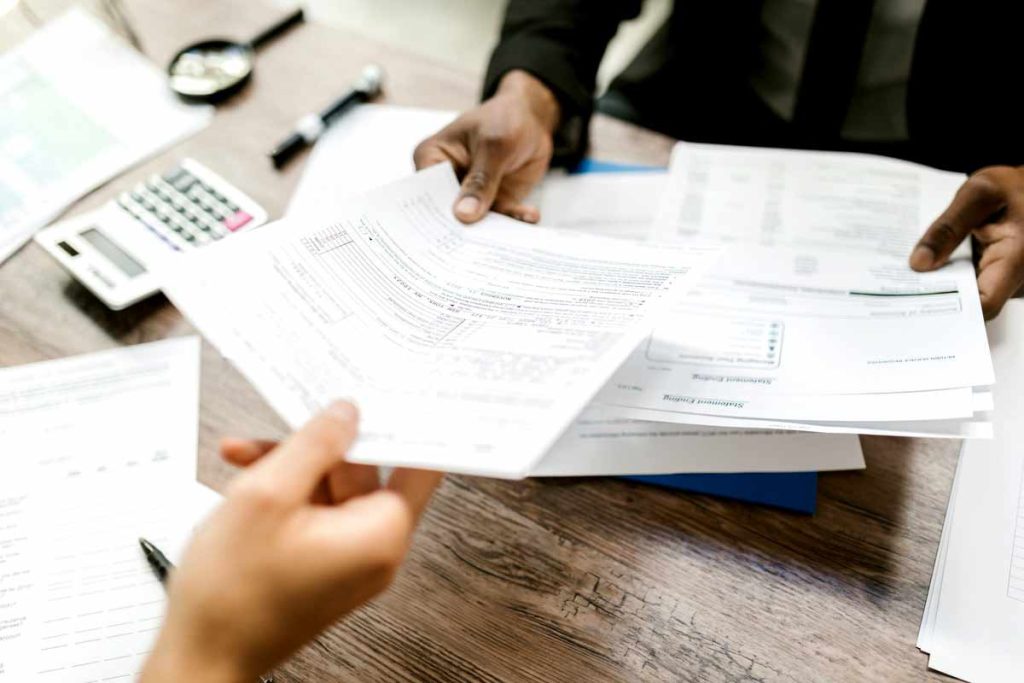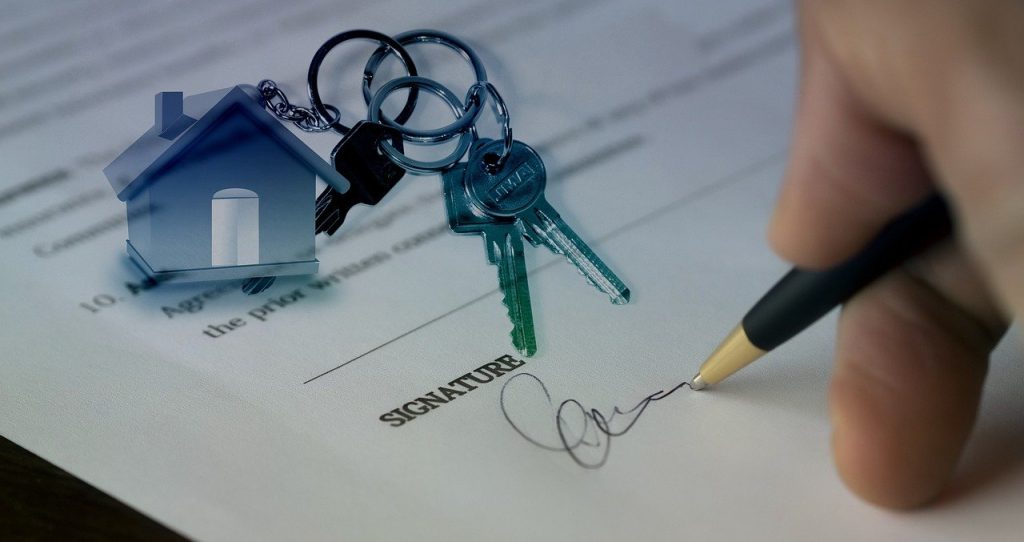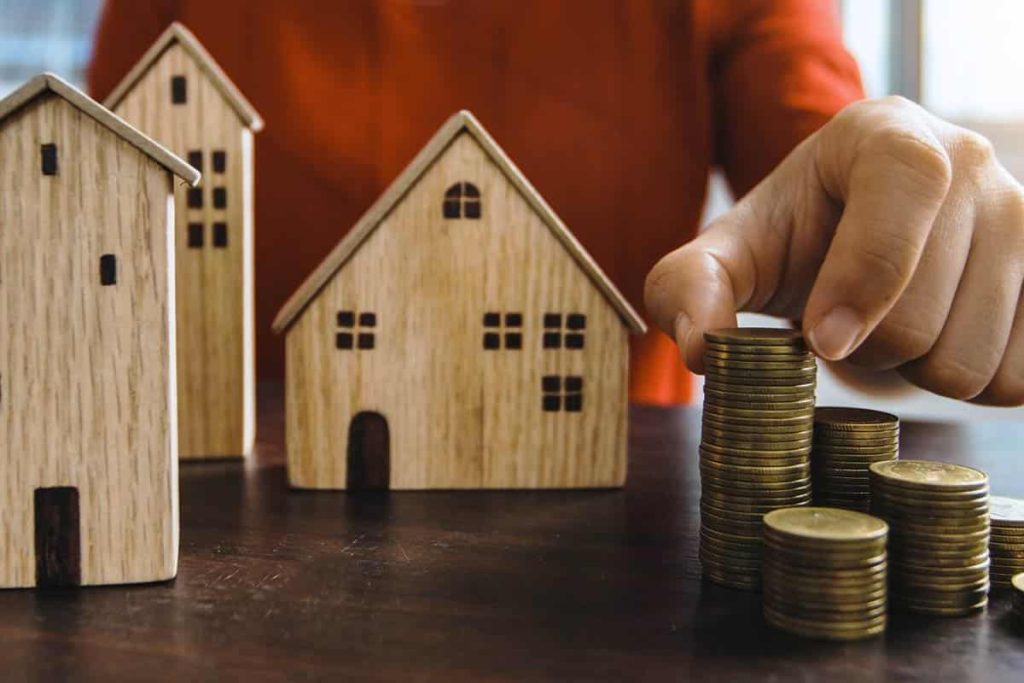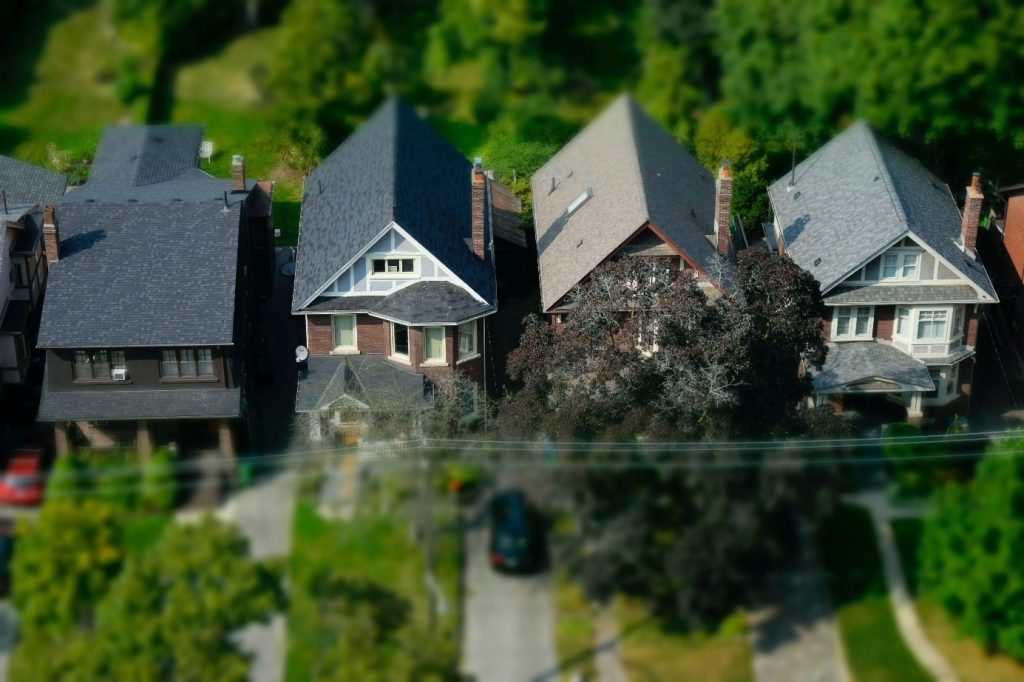Are you moving to France? Find out what you need to know before buying property in France and how to find your dream home in France.
If you have looked in the windows of French estate agents or online about French properties for sale, it is important to first know the particularities of the French property market.
Buying property in France can be tempting: You tend to get a lot more for your money than in other countries, for example the UK, and it’s easy to imagine yourself enjoying a glass of local wine on your own sunny terrace. However, making the decision to buy a house in France is a big commitment – and it can be a costly mistake if you get it wrong. This guide tells you how to find – and buy – your dream home in France.
Summary
Is it the right time to buy a property in France?
Property prices in France have weathered the global economic crisis relatively well, unlike some neighboring countries of France, such as Spain and the Netherlands, where property prices have fallen by more than 20 and 40% respectively.
France is one of Europe’s top performing real estate markets and continues to attract international investors, with year-on-year growth and stable prices.
Indeed, in the last quarter of 2017, prices increased by 3.3% year-on-year, with older apartments (4.5%) in the lead. The biggest increases were recorded in Paris, where prices for second-hand goods rose 5.1% in the last quarter of 2017 and 8.6% year-on-year.
So far in 2018, prices have remained robust, although the level of transactions has fallen slightly, with 42% of banks reporting lower loan applications in February 2018.
The recovery of the French property market since 2015 has been largely fueled by low mortgage rates, which remained very low in February 2017, at just 1.61% in February 2018.
In 2018, however, inflation started to rise at a stable level, rising from 1.3% at the start of the year to 1.8% in April.
The euro is also weaker than it has been in recent years, which means that foreign buyers can obtain a more attractive exchange rate for their property investments and essentially pay less for a property than in previous years. .
Should you buy or rent in France?
If you are already certain of where you want to live in France, and are familiar with the life that will unfold there, you will be in a better position to see properties to buy directly. If not, renting a property is a good way to find out. Renting lets you see what life (rather than vacation) is like in France and whether an area is right for you. What could have been an idyllic rural getaway might have too few services for what you actually need. You can also find out what a place is like at different times of the year: That hot place in the summer can be a very different prospect during a cold, dark winter. It gives you a better basis for finding a property to buy – and more importantly, you’re already there when the perfect property comes along.
Find a property in France
To find property in France, you can look online, in real estate newspapers and magazines, with a real estate agent or even – if you know what you’re doing – through an auction. International buyers may be able to find a real estate agent who can communicate, and later negotiate, in English. Most people will approach a real estate agent at some point, the most common process, but unless you have a personal recommendation, how do you find a good one?
Beware of the acronyms FNAIM, SNPI, UNIS or CNAB, as these indicate that the company is owned by a registered organization, which has a financial guarantee, liability insurance and at least one agent holding a card professional, a license issued by the police headquarters.
As elsewhere, some industry professionals engage in unethical practices. In order to better protect buyers, in 2014 the French government created the Conseil National de la Transaction et de la Gestion Immobilières (CNTGI), a representative body for the ethics and regulation of the real estate professions and activities relating to real estate.
When choosing a real estate agent, ask if they will help you prepare the compromis de vente and contact a local notaire, the official who will take care of the legal side of the purchase. Even if the seller already has a notary, you can appoint your own notary, with the legal costs split between the two officials. The estate agent can also help you set up utilities and find local services such as builders, doctors etc, so it is worth asking what they can offer.
After choosing a licensed estate agent and viewing French properties, they will usually ask you to sign a voucher, which certifies that they have shown you certain properties.
You don’t need to go through a real estate. You can try to buy directly from the owners. Consult the private individual site on the following site > www.pap.fr, it offers thousands of properties for sale and rental throughout France.
Read also: Real estate in Aude: how to find accommodation?
Buying real estate in France
Once you have found a French property that you like, do not hesitate to visit it several times to ensure that it meets the requirements and that there is still work to be done after a purchase.
Then you can make an offer to the owners. If they accept, you must sign a contract, either a unilateral promise to sell or, more commonly, a sales agreement. Compromise de vente is generally a sale and purchase agreement, while ‘promise’ is commonly used by real estate professionals who want to obtain an ‘option’ to purchase land or property they are looking to obtain as part of a building permit.
In the first case, the owner agrees to sell the property to the buyer at a given price and keeps the option open for a limited period (two to three months). The buyer pays a deposit of 10%, the document must be registered with the authorities (for a fee). The buyer can’t sell to anyone else during this time, but they can walk out and lose the deposit.
In the latter case, the buyer and the seller agree to seal the deal at a given price, the buyer pays a deposit of 10%. If one of the parties withdraws, the other can take legal action and claim damages. Both contracts provide for a withdrawal period of seven days during which the buyer can withdraw without penalty.
Before signing the contract
Verify that all details are correct. It must include all the details of the property (its area and boundaries), indicate exactly what is included in the sale, such as outbuildings, fixtures and fittings, the results of the reports required by law (energy efficiency report, checks for termites, asbestos and lead in the property, safety certificates for electricity and gas) and whether any conditions precedent (conditional covenants) or other regulatory disclosures, such as living cache (hidden defects), easements and other possible legal interests in the property, such as tenancy.
Including a penalty clause if certain conditions are not met, for example requiring vacant possession of the property, can lead to fines if the seller – or other occupants – does not vacate the property after the sale.
You will also need to provide details on how you will finance the purchase. If you plan to buy the property by mortgage, there must also be a condition outlining the main details of the loan and stating that the sale can only be concluded after a satisfactory mortgage has been obtained. To get a mortgage at the best interest rates, you can hire a mortgage broker who specializes in helping expats get financing for their dream home. To learn more about mortgages, read this article.
Once you have signed
The notary will investigate any legal, financial or other claims relating to the property, which usually takes around three months, but sometimes longer. Once this step is completed, a completion date (when you sign the bill of sale) can be set. In the meantime, you might want to have a structural survey done, although many locals don’t bother.
If you plan to build your own house on land or substantially modify an existing building, you will need to obtain permission from the town hall. You will need to apply for the town planning certificate, provide a building permit setting out your building plans and check what other taxes or fees you will need to pay.
In France, property (even that belonging to foreigners) is always passed on to children, so take advice from the notary before taking the next step – signing the deed of sale – on your own situation.
Fees and taxes
The costs may include the notary’s fees (which include certain costs related to the sale). These fees are set by the government and depend on the tax bracket of the property. It is the following:
€0-6,500 – 3.945%
€6,500 – €17,000 – 1.627%
€17,000 – €60,000 – 1.085%
€60,000+ – 0.814%
In total, the sum of the costs related to the purchase of the house cannot exceed 10% of the value of the property.
You will also have to pay stamp duty when buying a house in France. Properties over five years old are charged at 5.8% (but a few are charged at 5.08%), while newer homes are charged at 0.7% plus 20% VAT. Some homes are sold TTC (all taxes included) – which means that all taxes are included.
There are two property taxes and one council tax, which are due on January 1 each year, so you will pay pro rata.
Read also: Buying land: the key points



